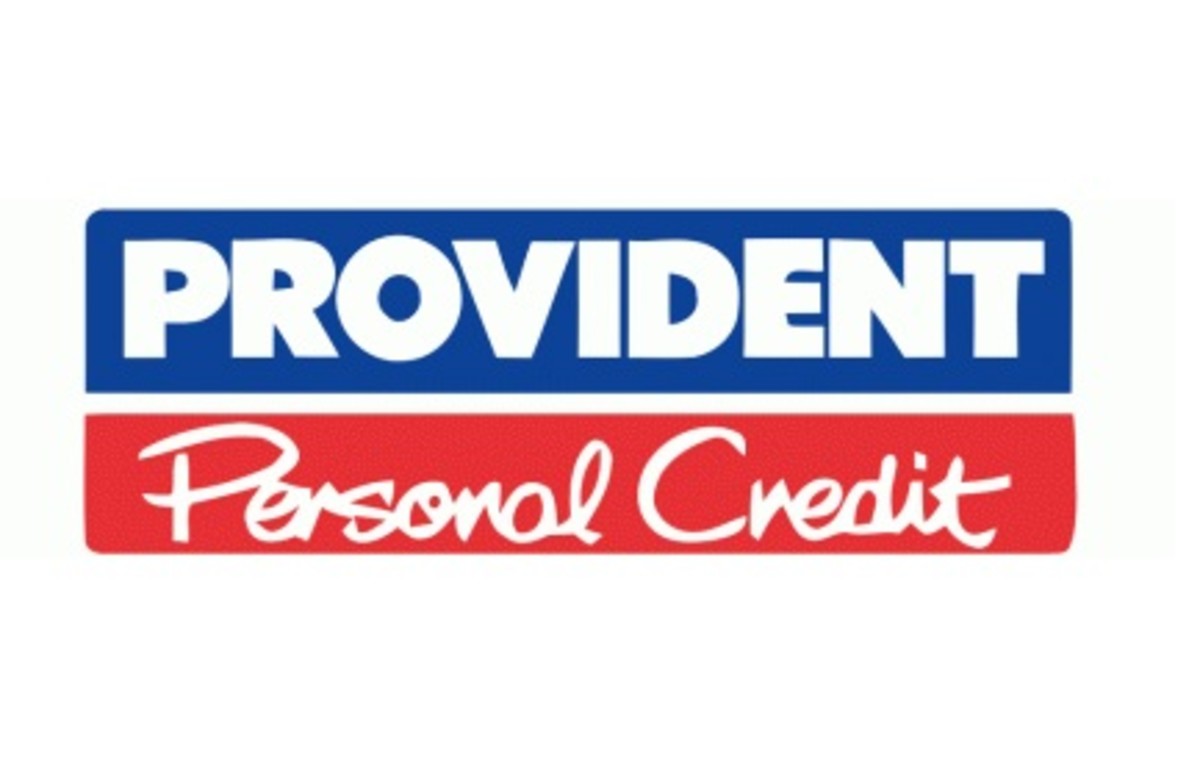Mortgage Broker vs Bank - Insiders Guide to the Pros and Cons
Definition of Broker, Banker, and Lender
First let me say, all of these different monikers are very similar but it just depends on where they get their money to lend for your mortgage. So, we are looking at that first.
Couple more definitions real quick: In the mortgage business, “originate” means to discuss the loan products with you and take your application. It does not mean they closed the loan but they brought it in. And “fund” is just like any other loan. Someone has to come up with the money to lend. “Underwrite” is using the guidelines to decide if your mortgage is approved.
Mortgage Broker
• Can be just one person or a company with many employees.
• Does not have the ability to fund the mortgages they originate and has to use a wholesale lender.
• Does not underwrite the mortgages they originate.
Mortgage Banker
• Usually an actual bank but can also be a large mortgage company.
• Do fund the mortgages they originate.
• Do underwrite the mortgages they originate.
Lender
The word lender is used ubiquitously now to describe almost anyone who originates mortgages. However, there is a thing called a correspondent lender. Only folks in the industry use that name but out there in your world they may call themselves a direct lender.
• Usually a large mortgage company with several loan officers but it can be a smaller operation as long as they have a large net worth.
• Do fund the mortgages they originate with a line of credit.
• Do underwrite the mortgages they originate.

The Mortgage Process for Brokers and Banks
Ok, now let’s flow through the process of getting a mortgage with each different type of originator.
The broker takes your application and then looks at the different wholesale lenders they have access to for the best deal. As a broker, you have to apply to be approved by a wholesale lender and as you can imagine, the better the lender the harder it is to get approved. Some wholesale lenders have better programs, better rates, faster underwriting times, etc. They do vary quite a bit.
Even though the broker is using the wholesale lender for underwriting, locking, closing, and funding, you will never have contact with the wholesale lender except for some disclosures they are obligated to give you. Any contact/discussion or documentation about your mortgage is still done through the broker or their processor.
Locking is done with the wholesale lender. The loan is approved (or denied) with the wholesale lender. And when it is time to close, the wholesale lender uses their money to fund your loan.
A bank’s process is going to be similar at least on your end. You will still deal with the loan officer and processor to get your mortgage closed however, they don’t work for themselves…they work for the bank.
The loan officer only has access to the bank’s loan programs and pricing. The bank is underwriting your mortgage and funding it.
A direct lender or correspondent lender is a hybrid of the broker and bank. They have access to different wholesale lenders which means they have access to different loan programs and pricing (which is similar to a broker). They usually underwrite their own loans and produce their own price sheets for locking (which is similar to a bank).
Funding your mortgage is done with their own line of credit. They use the line of credit to fund the loans for the month and then pay it back when they package up the mortgages and sell them to the final investor.
Pros and Cons – As Promised!
Broker Pros
| Broker Cons
| Bank Pros
| Bank Cons
|
|---|---|---|---|
Access to more programs
| Not Trusted
| Trusted
| Only sell own products
|
Commission only
| Limited lending sources
| Salaried loan officers
| Salaried loan officers
|
Hardly any overhead
| Discounts to existing customers
| Impersonal
| |
Have to disclose compensation
|
Which Would You Pick?
Who would you choose for your next mortgage?
Now, let’s drill deeper into these broker pros.
Having access to different lenders can sometimes mean the difference between you getting a mortgage or not. Not every mortgage lender is the same and since the meltdown, they are starting to dip their toes back into the water and offer some more aggressive loan programs.
But it’s still not even close to what was happening before the meltdown. It just means good people who deserve to get approved are and that is different than a year or so ago.
What happens when a broker only gets paid if the mortgage closes?
Motivation…that’s what happens!
A broker doesn’t get a salary. They have to close loans to pay their bills. I was a broker for many years so I know firsthand how this works. I would drive hundreds of miles to meet with clients and take their loan application or even just to pick up a piece of documentation needed to get the loan approved and closed. I would pour over property records at the courthouse when the title company refused to help me clear a condition. I would spend countless hours “selling” underwriters on clearing conditions to get loans approved.
If there was a problem, I figured out a solution no matter what I had to do…and most of the time it worked.
Now, that sounds a little self serving. Yes, I obviously cared about making money but you do have a deeper more personal relationship with your clients being a broker. You don’t want to let your clients down.
Since a broker does not have much overhead, they could be less expensive and you may be able to negotiate with them on the interest rate/costs. The broker has to disclose on the settlement statement how much they are making from either you, the wholesale lender, or a combination of the two.
Broker Cons - I’m sure you heard all the horrible things said about brokers at the beginning of the mortgage meltdown. Basically, it was their entire fault, which could not be further from the truth, but that’s not what every news show and politician was spewing.
Also, many brokers work from home and don’t have big office space so it makes some people feel uneasy. They would rather work with a big company or bank.
It sounds like I’m really endorsing brokers here but just like most things, there are good brokers and bad brokers and I’m not saying all of them are good.
Even though brokers have access to many wholesale lenders, in reality they usually only work with about 3 or 4. So, you may think they are scouring hundreds of lenders for the best deal but it’s not the case.
And, since the meltdown many wholesale lenders went out of business and others are shutting down their wholesale side so brokers don’t have the resources they used to.
Bank Pros - Who doesn't trust a big bank…especially when you have your checking, savings, car loans, etc. with them. For some people, they would never consider going anywhere but where they bank or some other big name bank.
Some people believe a salaried loan officer is better than one working on commission only because they won’t steer you into a mortgage that pays them more but is not in your best interest. And they have no incentive to gouge you on the rate…they get paid no matter what.
Many banks and credit unions give incentives for existing customers to use their mortgage services. Those could be discounts on the rate or fees. Some banks and mortgage companies work with retailers to provide discounted mortgage services to their clients.
Yes, the fact that bank loan officers are not paid only on commission is both a pro and con. The motivation I talked about for brokers on commission only is not there at the bank environment. If your mortgage closes…great…if it doesn't…oh well. They probably won’t go above and beyond to make it does.
If you don’t fit into the bank’s mortgage products, you are out of luck. They won’t go out and find something for you. And lastly, you may feel like just another number at a big bank or mortgage company. Some people like to develop a relationship with the loan officer or broker and that may be harder to do at a bigger company.
I hope this helps you understand how these different types of mortgage originators work and you can then decide what is important to you.
Good Luck!








